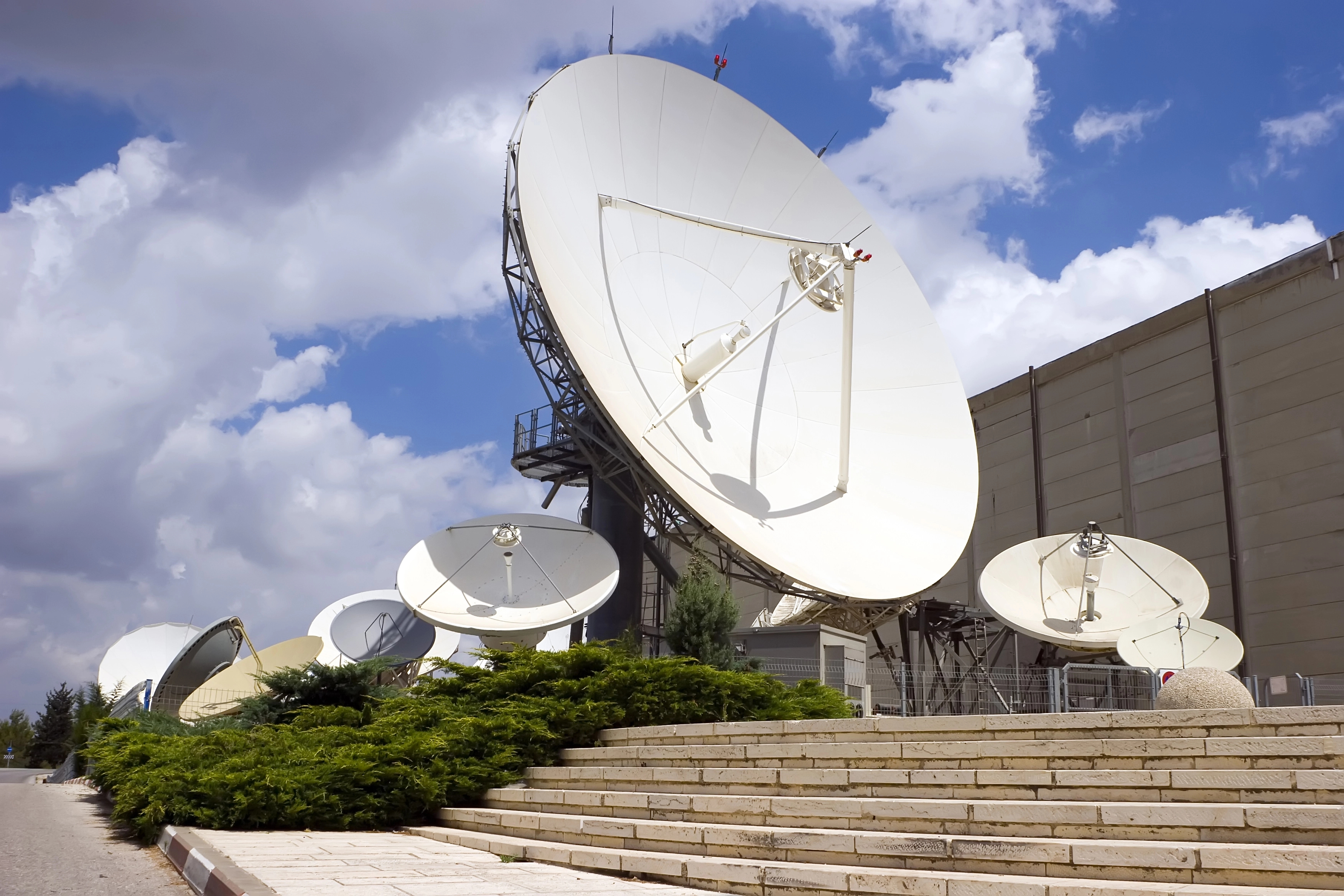Time: 2024-06-21
Signal jammers disrupting satellite-guided systems in the Middle East have affected planes and ships in Cyprus. GPS spoofing has led to devices showing inaccurate locations across the Mediterranean island, leaving residents puzzled. The interference caused by the ongoing conflict in Gaza has resulted in various disruptions in the region.

Since March, residents of southern Cyprus have reported frequent location inaccuracies on their phones and other devices. The spoofed locations are often falsely directed to Beirut Airport, causing confusion among the locals. Commercial flight data indicates that the spoofing intensified after Iran's drone and missile strikes on Israel. GPS disruption has been confirmed as a tactic used by the Israeli Defense Forces to counter threats.
The impact of the GPS disruption on navigation devices has been significant, affecting not only individuals but also airline pilots and ship captains. The economic implications of such disruptions remain unclear, but the reliance on satellite navigation for various sectors is undeniable. Experts warn that the spoofing signals could disrupt navigation systems of missiles and drones, posing a significant challenge.
Despite efforts to mitigate the interference, countermeasures are limited. The spoofing signals have been traced to Israel, highlighting the widespread use of GPS spoofing technology. The vulnerability of GPS systems in conflict zones like the Middle East has raised concerns about the reliability of satellite navigation in such areas.
The conflicts in Israel have led to GPS interference in Cyprus, affecting various communication systems that rely on GPS signals. Drone applications, mobile telephony, and land digital television have all experienced disruptions due to the interference. The proximity of Cyprus to the conflict zone exacerbates the situation, with periodic disruptions causing challenges for operators and users alike.
Senior officials have acknowledged the impact of electronic warfare on GPS systems in the region. Interference in GPS signals has led to instances of lost drones and communication failures, posing operational challenges for various sectors. While efforts to address the issue are ongoing, the unpredictable nature of the disruptions complicates the situation.
As Cyprus grapples with the ongoing GPS interference, the need for effective countermeasures remains crucial. Despite the manageable nature of the problem so far, the sporadic disruptions highlight the vulnerabilities of GPS systems in conflict-affected regions. Continued monitoring and coordination are essential to address the challenges posed by GPS interference in Cyprus.